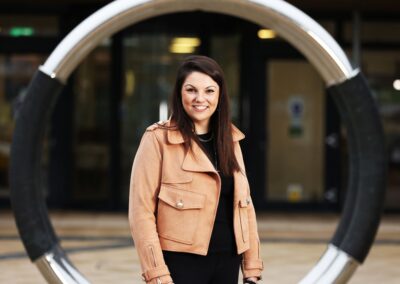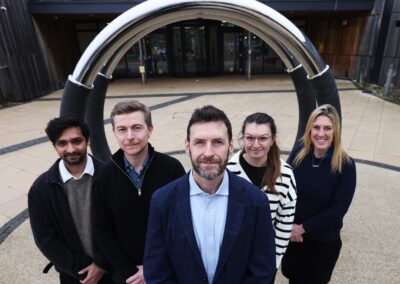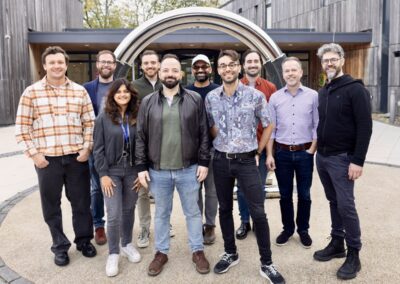Did you know that cardiovascular disease is the largest cause of death globally? We spoke to Ross Upton, CEO of Ultromics about EchoGo, their new echo-based ultrasound diagnostic support tool for coronary artery disease. It works by combining deep clinical insight with AI, or machine learning, and one of the largest commercially consented echocardiographic databases in the world. Ross says, “Our technology improves diagnostic accuracy to greater than 90% which helps doctors make consistent and more accurate decisions and ensures patients are not referred for unnecessary surgery or sent home with a potentially fatal disease”.
While a PhD student at the University of Oxford and working alongside Professor of Cardiovascular Medicine, Paul Leeson, Ross specialised in utilising computational technologies and developed the algorithms behind Ultromics echocardiography analysis technology. They launched the business in early 2017, securing a whopping £2 million in seed funding from the biggest university venture capital fund, Oxford Sciences Innovation (OSI). Since then the company has raised a further £8 million to bring the technology to market and, at the end of last year, it was listed in the Evening Standard in December as one of the top 10 breakthroughs in healthcare thanks to AI.
Ross and his team of thirty are now working towards getting regulatory clearance from the FDA (Food & Drug Administration) and CE (European Conformity). As Ross says, “These marks are vital to obtain before a product can be marketed and sold. We hope to get clearance later in this year and then we can begin implementing EchoGo into hospitals and clinics to start improving patient outcomes.”
Ultromics is currently conducting multiple clinical trials in the US and UK, including expanding their largest study (EVAREST) to 30 different hospitals across the NHS. Ross says “Our next innovation will be to completely automate EchoGo, which will help provide an almost instantaneous result to clinicians. This will be accomplished by utilising newer deep learning frameworks, which are being refined at the moment by our research and development teams”.
“Our ambition is to make EchoGo available in UK- and US-based healthcare facilities in 2019. We are also preparing to conduct our Series B funding round to fuel our continued research and expansion into new diagnostic arenas in echocardiography”, says Ross.
As of September 2019, The Telegraph has now touted the company as a future “unicorn’ thanks to its potential to save healthcare systems billions of pounds.
Based at the Wood Centre for Innovation, they are pleased to be part of a community of advanced science and technology start-ups. WCFI is well placed for Ultromics as it is only a stone’s throw from the John Radcliffe Hospital and Cardiovascular Clinical Research Facility, where much of their research takes place. We are pleased to have a future unicorn under our roof. Exciting! We look forward to seeing them flourish and grow.
If you want to find out more about Ultromics, see here: http://www.ultromics.com



